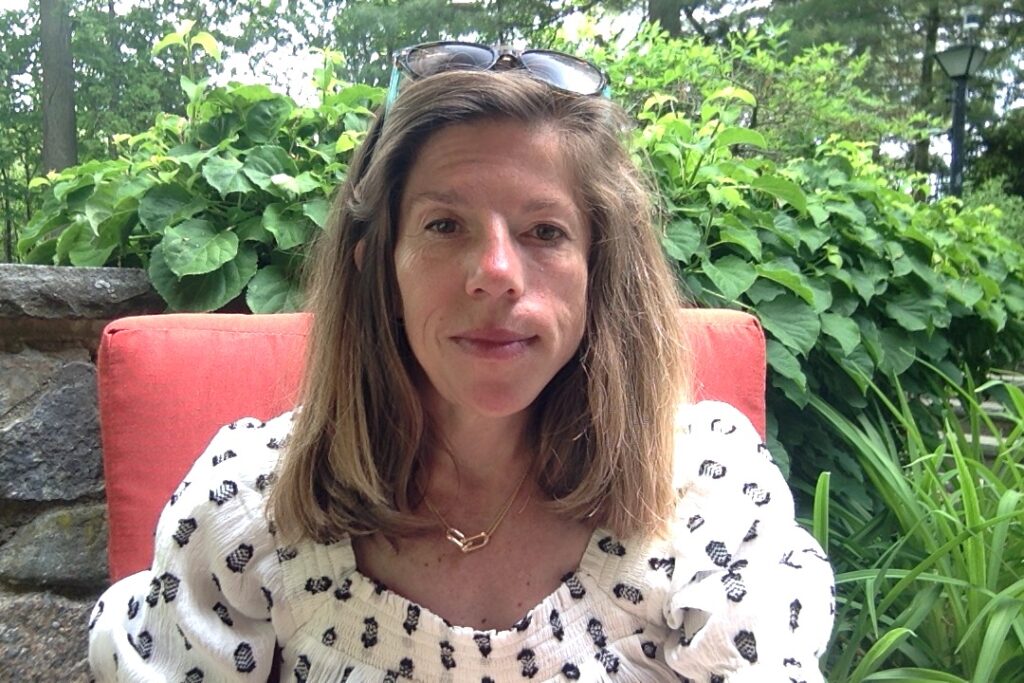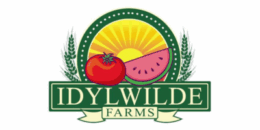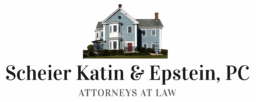A new support group, Navigating Grief, is now being offered at the Acton Senior Center on the first Thursday of each month from 3-4 PM via Zoom. This group is especially designed for family members experiencing grief from the death of an older loved one, such as a spouse or parent. It can also include those who are experiencing the anticipatory loss of a loved one still living with dementia.
The facilitator of the Navigating Grief support group, Julie Norstrand, Ph.D., first became interested in working with seniors in 1997, when she happened to hear a radio program about mental health and aging in Philadelphia. As she explains, the speaker was describing how the population is aging, and “his emphasis was very much around the wisdom, the knowledge, the experience, all this amazing background that [seniors] bring to our communities . . . and that as a community, we need to do more to really make use of this wealth that they bring.” Julie was in her 20s at the time and had not thought much about older adults before but hearing this talk “started the whole genesis of looking into and paying attention to what was going on in the older adult world.” And so, she changed her focus from mental health disorders to looking deeply at how seniors and communities can interact and support each other in positive ways.

Over the years, Julie has developed an extensive background in social work, gerontology, and elder care, including work at agencies serving the aging in Philadelphia, earning a Ph.D. in social work at Boston College, and teaching courses at Regis College. In 2018, she founded an eldercare support organization, Help My Aging Parents, to provide resources, consultations, and emotional support for family caregivers of older loved ones, and for the older adults themselves, as they plan for future needs. For the past 3-4 years, she has facilitated a caregiver support group at the Acton Senior Center.
While facilitating this caregiving group, Julie began to recognize the need for a grief support group as well. As she explained, once a caregiver’s loved one has died, they would say, “Well, I guess there’s no role for me now in this group.” This led her to create the new Navigating Grief support group, so these people could still find support. She also pointed out that for seniors, because they begin to experience multiple deaths of family members and friends, “It really wears and tears on you,” especially when they are also dealing with their own chronic health problems.
As a facilitator, Julie guides conversations, makes sure everyone has the opportunity to speak, and suggests topics about grief and caregiving. A group meeting typically begins with updates from everyone. In some cases, if a person is facing a major issue or challenge, the update may be longer. If someone prefers not to share, that’s also ok: “Just the sheer listening to others can be really, really helpful.” To create a warm, friendly environment for all, Julie ensures that everyone feels that they are supported and understood. She learns from the people in her groups, and they learn from each other. Overall, she feels they have “a need to open up and talk; relatives and family members don’t want to hear about it.” What comes out of these conversations is a combination of emotional support and practical guidance – “I’ve found the two go together.” A typical support group will have 5-8 people, including both women and men.
Julie also has access to a wide range of resources and information to help seniors age in place and learn how to have conversations with their adult children about caregiving needs, including talking together about grief and dying. She emphasizes that community life becomes more important as we get older, both for interaction and caregiving. Too often, a medical crisis or death happens and then, all of a sudden, people are scrambling to find support. These supportive connections and conversations need to start earlier, when they can be more impactful.
To sign up for the Navigating Grief Support Group, contact the Council on Aging at seniorcenter@actonma.gov or call 978-929-6652. It is free and open to all caregivers who are supporting an older loved one.
Susan Tripathy is on the board of the Friends of the Acton Council on Aging board.













